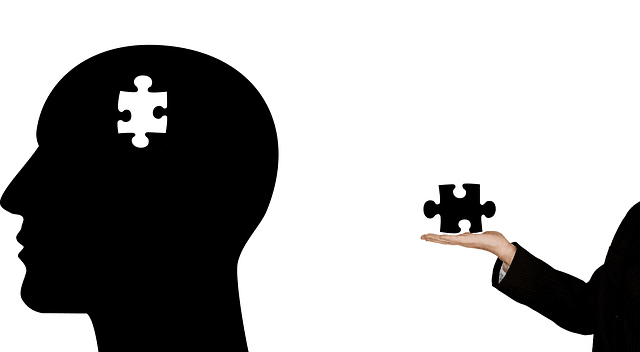
Psychiatry is part of the sphere of medicine.
Psychiatry is the science dedicated to the study and treatment of mental illnesses . Its objective is to prevent, diagnose, treat and rehabilitate mental disorders.
Only in the 19th century did mental disorders begin to be treated scientifically as diseases . Until then, people suffering from mental illness were locked up in asylums and received different treatments with the intention of restoring their reason.
Thanks to literature and cinema, we know many of the atrocities to which people suffering from mental disorders were subjected decades and centuries ago, which called into question the supposed benefits of the treatments. On the other hand, it is worrying to think that many of today's psychiatric patients are victims of mistreatment, and that so many people wander the streets of cities talking to themselves, without receiving any kind of assistance from the authorities or, somewhat perhaps sadder, of the other beings of his species, who look the other way.
Origins of psychiatry
The German Emil Kraepelin ( 1856 – 1926 ) is often mentioned as the father of psychiatry and the person responsible for including this science within the scope of medicine . Based on his contributions, psychiatry began to consider both psychological and social factors as well as biological issues in the treatment of patients.
Psychiatric treatments, therefore, can be divided into two main types: biological ones, which can include the supply of medicines and the application of electroshock to act on the biochemistry of the brain , and psychotherapeutic ones, which appeal to the techniques of psychology. .

Psychiatry studies and treats mental illnesses.
The subspecialties
Psychiatry has several subspecialties, such as psychopathology (which studies the processes that can lead to mental insanity), psychopharmacology (dedicated to the analysis of the effects of drugs in behavioral, emotional or cognitive treatments) and sexology (the schematic study of human sexuality).
Antipsychiatry is known as the set of theories and positions that consider that traditional psychiatry is not beneficial since it uses inadequate medical concepts, is linked to the economic interests of pharmaceutical companies, stigmatizes its patients and even treats people against their own will . .
Comparison of psychiatry with psychology
Common people tend to believe that the difference between psychology and psychiatry is simply that the former does not include the provision of medications to patients; However, below we will see that the relationship between the two is much more complex.
In principle, it is necessary to list their similarities:
* Both are sciences that are dedicated to caring for the mental health of human beings;
* Both offer the possibility of treating patients through therapy;
* allow interaction with other science when this may be beneficial to a patient;
* both present specialties for children, teenagers and adults.
Next, we will study some of their main differences, both in terms of application and formal and academic issues:
* while to receive the title of psychologist it is necessary to study a Bachelor's degree in Psychology, to become a psychiatrist you must study Medicine and then specialize in this science;
* As mentioned above, only psychiatrists have the power to prescribe medications;
* Psychology focuses on the emotional level, and psychiatry focuses its study on neurology;
* Regarding its classification, psychology is a social science, while psychiatry is a natural science;
* Within psychology it is possible to find various branches, such as clinical. Psychiatry, on the other hand, is itself a branch (of medicine);
* the time needed to complete both races is different. After completing the medical degree, which is one year longer than that of psychology, one must complete the specialization in psychiatry and, then, the corresponding residencies.
